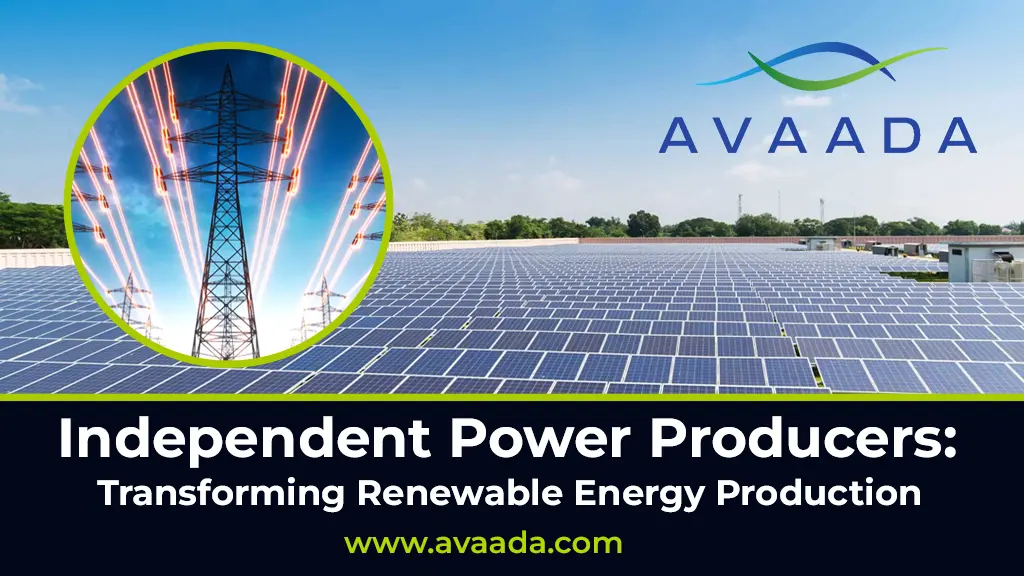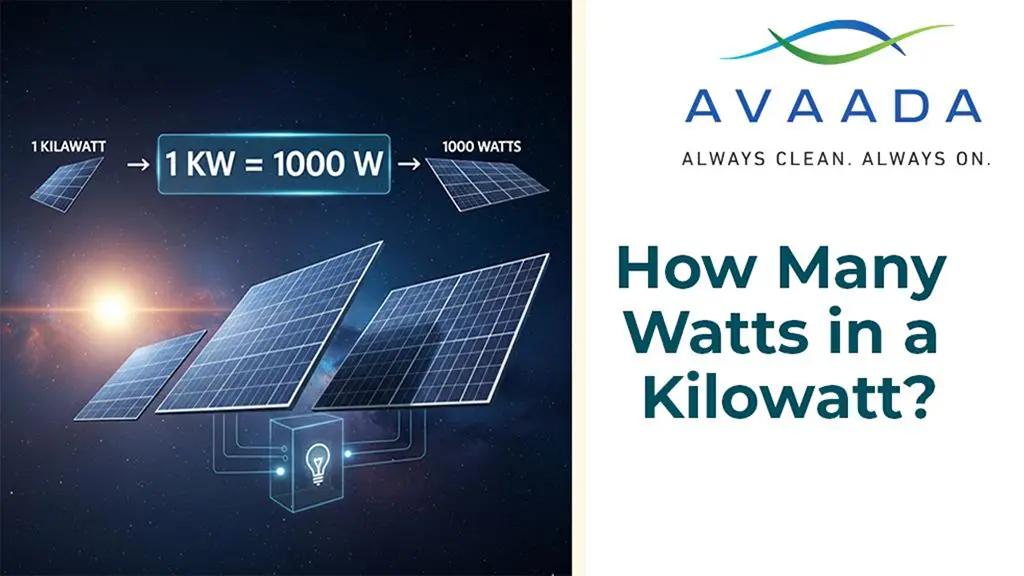As the world moves towards cleaner and greener sources of energy, independent power producers (IPPs) are at the forefront of transforming the global energy landscape. In nations such as India, where energy consumption is skyrocketing, these producers have emerged as game changers—fueling innovation, making energy more accessible, and accelerating the renewable energy revolution. One of the most powerful names driving this change is the Avaada Group, a progressive renewable energy firm making waves in India and worldwide.
What Are Independent Power Producers?
Independent Power Producers, or IPPs, are private companies that build, own, and operate power plants to produce renewable energy, which they supply to electricity distribution companies as well as the open market. Historically, power plants in India were owned and operated by government agencies and PSUs like NTPC, NHPC, and state-owned GENCOS.
However, with the introduction of the Electricity Act of 2003, private investors were permitted to become IPPs, and licensing conditions were relaxed under the new provisions. This opened up competition in India, allowing IPPs to bring not only capital investment but also advanced technology and innovation in a swift and efficient manner. Their agility, efficiency, and focus on innovation make them ideal drivers of renewable energy development.
In India, IPPs are playing a pivotal role in helping the country realize its ambitious target of achieving 500 GW of non-fossil fuel capacity by 2030. With strong government support and increasing environmental awareness, IPPs are well-positioned to lead this transformation.
The Role of IPPs in Renewable Energy
IPPs are not only producing electricity—they’re redefining how it’s generated and supplied. Here’s how they’re changing the renewable energy game:
1. Accelerating Solar and Wind Projects
IPPs are leading the charge in building large-scale solar parks and wind farms, often in remote and underdeveloped areas. By leveraging advanced technologies and efficient project management, they shorten timelines and maximize energy output. Companies like Avaada Group have commissioned thousands of megawatts of green energy, significantly reducing the country’s reliance on fossil fuels.
2. Reducing Costs
Thanks to economies of scale and innovative financing models, IPPs are driving renewable energy prices to record lows. Transparent bidding processes and competitive procurement have made green energy more affordable and accessible to homes and businesses across India.
3. Fostering Decentralized Energy Solutions
IPPs are investing in microgrids, rooftop solar systems, and hybrid power solutions that cater to rural and semi-urban areas. These decentralized systems enhance energy security and provide flexible, off-grid solutions to regions traditionally underserved by mainstream infrastructure.
Avaada Group: A Catalyst for India’s Green Energy Transition
Among India’s most influential IPPs, the Avaada Group stands out for its commitment to innovation, sustainability, and excellence in execution.
Why Avaada?
- Large-Scale Renewable Portfolio: Avaada has established itself as a market leader with a robust pipeline of solar, wind, and hybrid projects.
- Sustainability at its Core: Avaada’s vision goes beyond power generation. The company emphasizes community development, job creation, and environmental stewardship.
- Global Recognition: Avaada has secured major investments from international institutions, reinforcing confidence in India’s renewable energy sector.
Through its forward-thinking leadership, Avaada is not just meeting India’s green goals—it’s setting benchmarks for the global energy market.
Learn more about 6 Power Trader Tenders in Maharashtra 2025
Government Support and Policy Environment
India’s policy landscape has been instrumental in enabling the rise of IPPs. Initiatives such as:
- Viability Gap Funding (VGF)
- Renewable Energy Certificates (RECs)
- Accelerated depreciation for solar assets
- Open access and captive power policies
…have made it easier for private players like Avaada Group to thrive in a competitive environment. The result? Faster adoption of clean energy and lower greenhouse gas emissions.
Looking Ahead: The Future of IPPs in Renewable Energy
India’s renewable energy future looks promising—thanks largely to the innovation and resilience of independent power producers. With emerging technologies such as battery storage, green hydrogen, and digital grid solutions, IPPs will continue to evolve and expand their influence.
Trailblazers like the Avaada Group are expected to diversify into newer technologies while staying rooted in their core strengths of solar and wind. Their continued success will inspire future entrepreneurs and further accelerate India’s march toward net-zero emissions.
Conclusion
Independent Power Producers are not just supporting a clean energy revolution—they’re leading it. In emerging markets like India, IPPs like the Avaada Group are driving the transition to clean, affordable, and sustainable power. The energy transition is no longer a distant dream—it’s in progress. IPPs aren’t just generating electricity; they’re generating impact, innovation, and a brighter, greener tomorrow









